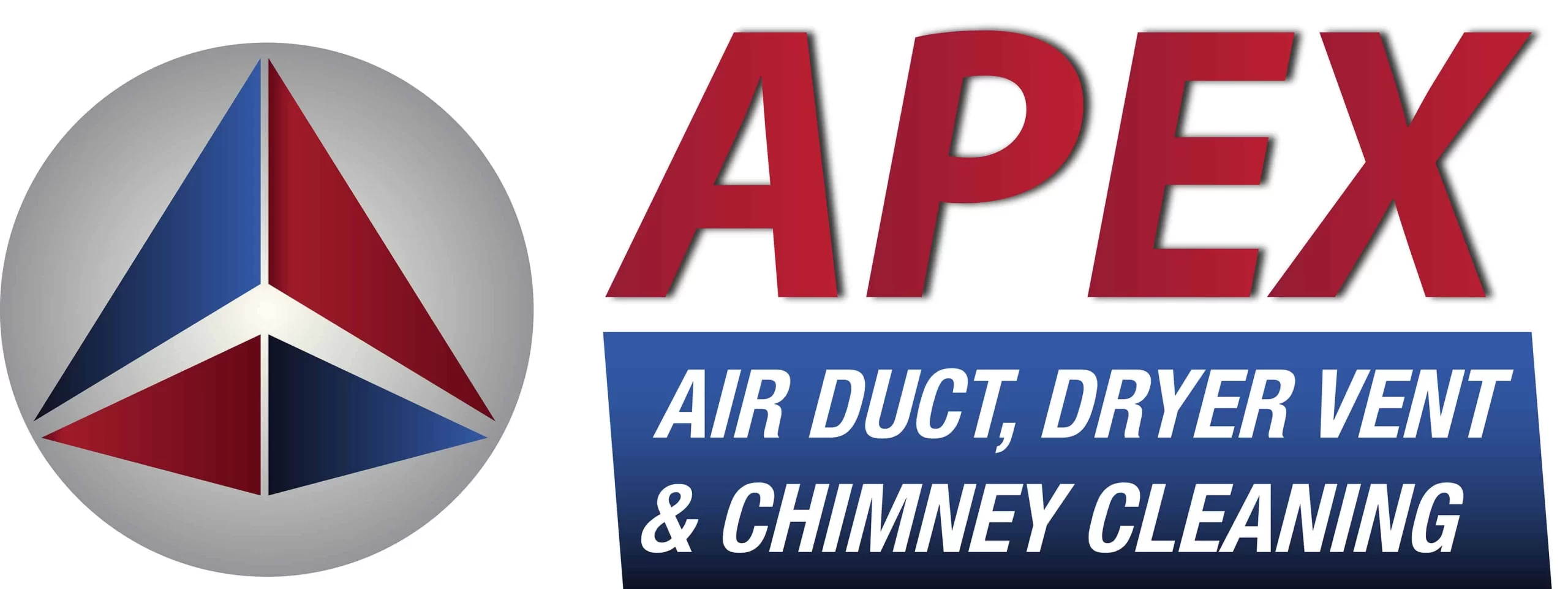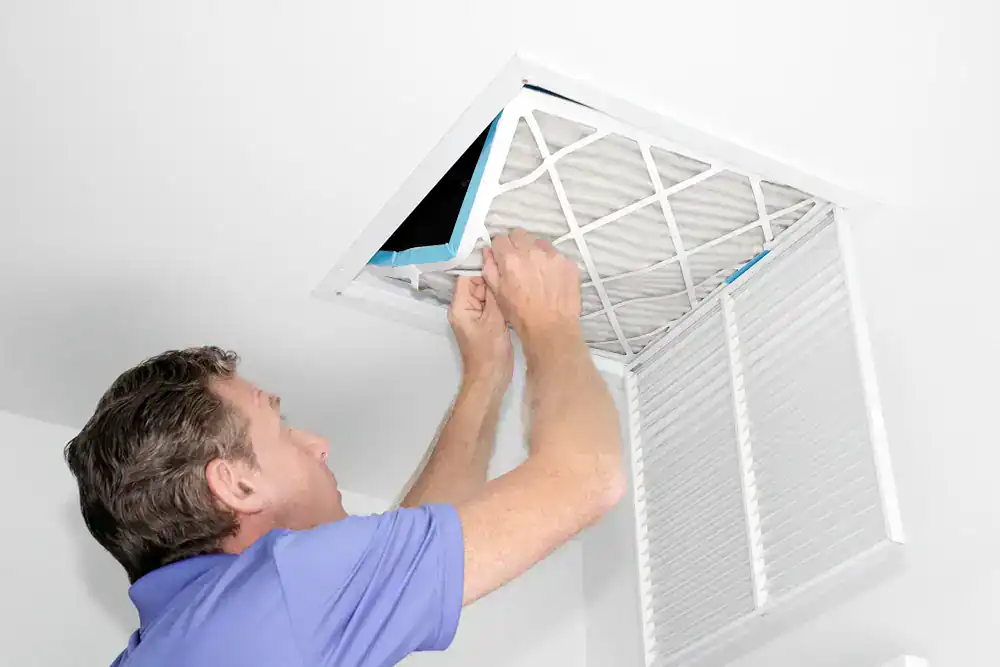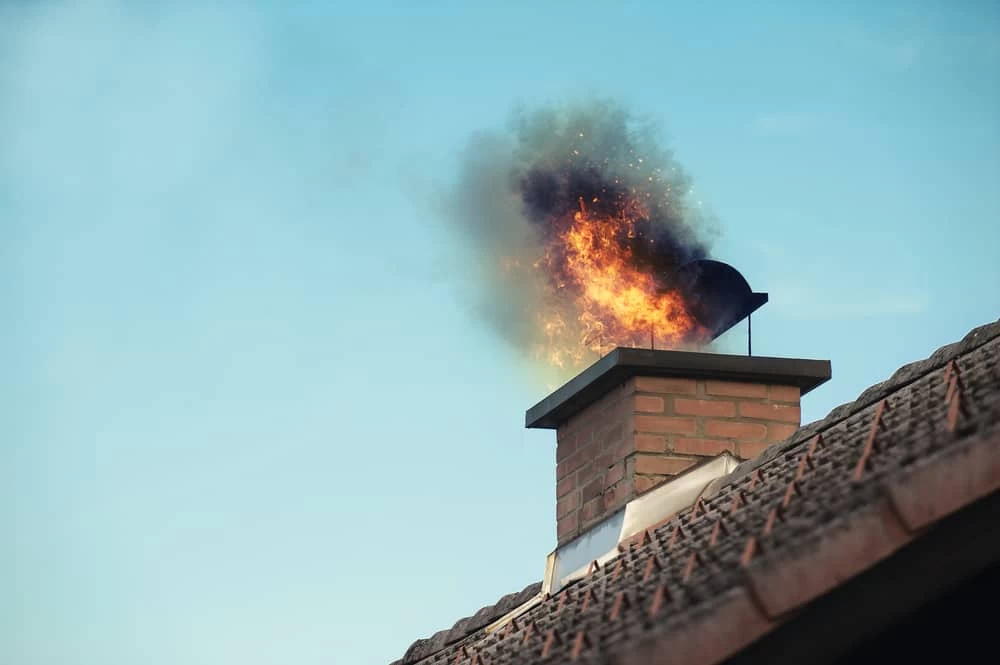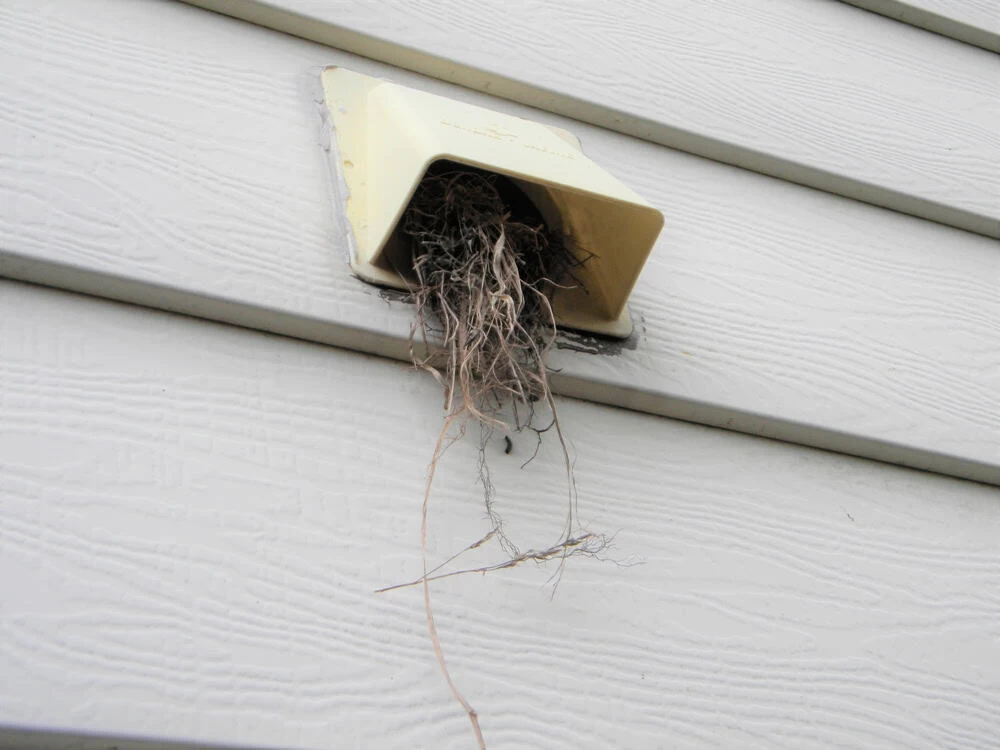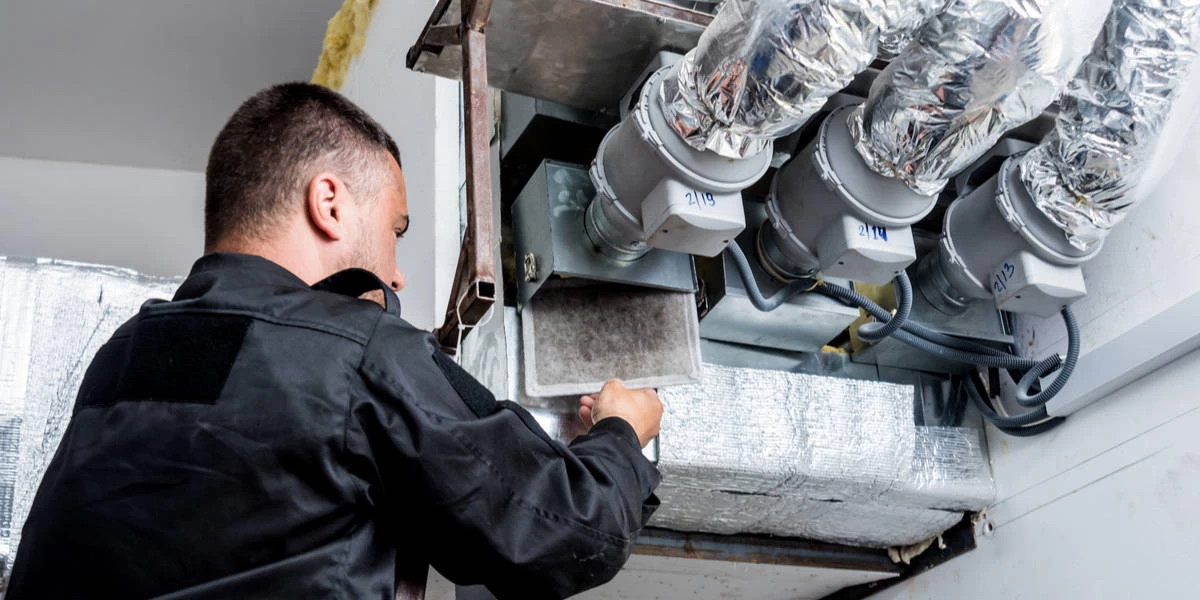Summary:
September brings more than new backpacks and school supplies—it’s when New Jersey families fire up their HVAC systems after a long summer and start using dryers more frequently for back-to-school laundry loads. If you’re a parent concerned about your child’s health and your family’s safety, you’re probably wondering whether your home’s air systems are actually helping or hurting your family’s wellbeing. Here’s what every New Jersey parent needs to know about protecting their family through professional air duct and dryer vent cleaning, especially during this critical back-to-school transition.
How Indoor Air Quality Affects Your Child's Health and School Performance
Your child’s respiratory health directly impacts their ability to learn, sleep, and thrive. When air ducts harbor dust, allergens, and contaminants, every breath your family takes circulates these irritants throughout your home.
In New Jersey, more than 167,000 children have asthma, and exposure to air pollutants is directly linked to poor asthma control in children, representing a potentially modifiable risk factor for impaired lung function and increased healthcare visits. The connection between clean indoor air and your child’s wellbeing isn’t just theory—it’s measurable reality that affects families across our state every day.
Why New Jersey Children Are Particularly Vulnerable to Poor Indoor Air Quality
New Jersey’s unique environmental challenges make indoor air quality even more critical for local families. In Newark, it’s estimated that 1 in 4 children has asthma, far outpacing the national average of 1 in 11. Nine New Jersey counties earned “F” grades for ozone pollution, including Bergen, Camden, Gloucester, Hudson, Hunterdon, Mercer, Middlesex, Morris, and Ocean.
Children spend more time outdoors engaging in physical activity and have higher breathing rates, breathing more air per unit of body mass than adults. This means they’re taking in more of whatever’s in your home’s air—whether that’s clean, filtered air or contaminated air filled with allergens and irritants.
Research shows that exposure to air pollution, even within current federal standards, heavily affects school absence rates among all grade levels, with elementary school children showing higher vulnerability due to their still-developing lungs. When your HVAC system isn’t properly maintained, you’re essentially creating an indoor environment that could be working against your child’s health and academic success.
The timing of back-to-school season makes this even more pressing. Schools around New Jersey regularly cancel outdoor activities due to poor air quality, particularly affecting sensitive groups including children with lung and heart conditions and asthma. Your home should be the safe haven where your child’s respiratory system can recover and thrive.
The Hidden Costs of Neglecting Air Duct Cleaning for Families
Beyond the immediate health concerns, dirty air ducts create a cascade of problems that hit families where it hurts most—their time, money, and peace of mind. When your HVAC system works harder to push air through clogged ducts, your energy bills climb steadily higher just when back-to-school expenses are already stretching your budget.
Constantly being in spaces with poor indoor air quality can make it difficult to keep asthma and allergies under control, leading to more asthma attacks, emergency room visits, or even hospital stays. These unexpected medical expenses and lost work days compound the financial impact of neglecting your home’s air systems.
There’s also the invisible cost to your family’s quality of life. Good indoor air quality is an important part of asthma and allergy management, and having these conditions under control helps family members breathe better, sleep better, be more active, and be healthier overall—all of which improve overall quality of life. When children can’t sleep well due to respiratory irritation, it affects their school performance, mood, and development.
Professional air duct cleaning isn’t an expense—it’s an investment in your family’s health, comfort, and long-term financial wellbeing. The cost of prevention is always less than the cost of dealing with consequences later.
Dryer Vent Safety: Protecting Your Family from Hidden Fire Risks
While you’re focused on getting the kids ready for school, your dryer is working overtime with increased loads of uniforms, sports gear, and everyday clothes. What many New Jersey families don’t realize is that their hardworking dryer could be creating a serious fire hazard that puts their entire family at risk.
Nearly 16,000 home fires are caused by clothes dryers each year, and the risk is real with potentially devastating consequences. These aren’t just statistics—they represent families whose lives were forever changed by a preventable tragedy.
Understanding How Dryer Fires Start and Why They're Increasing
Failure to clean is the leading factor contributing to the ignition of clothes dryer fires in homes, accounting for 31% of all dryer fires from 2018-2020. The NFPA reports that failure to clean the dryer (34%) and failure to clean the venting system (28%) are the leading factors contributing to home fires involving dryers.
Here’s what happens inside your dryer vent system: Every time you use your dryer, tiny fibers from clothes break off and get trapped in the lint trap, but some escape into the dryer vent over time. The dryer vent is a narrow, enclosed pathway from your dryer to outside your home, and if this passage becomes clogged with lint and debris, it restricts airflow and can lead to dangerous heat buildup.
Lint accumulation within dryer vents is a primary cause of fires. As clothes are dried, lint becomes trapped in the vent system, and over time, this buildup restricts airflow, causing the dryer to overheat. The combination of heat, flammable lint, and limited ventilation creates a dangerous environment that can ignite a fire.
The back-to-school season intensifies this risk because families are doing more laundry more frequently. Sports uniforms, school clothes, and seasonal wardrobe changes mean your dryer—and its vent system—are working harder than they have all summer. Dryer vent fires can be deadly, and in 2014, dryer fires resulted in an average of 13 civilian deaths and 444 civilian injuries.
How Often Should New Jersey Families Clean Their Dryer Vents?
The NFPA recommends having dryer vents professionally cleaned at least once a year, or more frequently if necessary. By removing accumulated lint, debris, and potential blockages, proper airflow is restored, reducing the risk of overheating and ignition. However, New Jersey families with children often need more frequent cleaning due to higher laundry volumes.
If you have multiple children involved in sports, if you’re doing several loads per week, or if you notice your dryer taking longer to dry clothes, you may need professional cleaning twice a year. There are things you can do to prevent dryer vent fires, including cleaning your dryer vent regularly, with the NFPA recommending cleaning at least once a year.
Signs your dryer vent needs immediate professional attention include clothes taking longer to dry, the dryer getting extremely hot during operation, a burning smell when the dryer runs, excessive lint around the dryer area, or the outdoor vent flap not opening properly when the dryer is running.
The investment in professional dryer vent cleaning is minimal compared to the potential cost of a house fire, not to mention the irreplaceable value of your family’s safety. There are approximately 15,600 structure fires, 400 injuries and 15 deaths reported annually as a result of dryer fires, with clothes dryer fires accounting for over $100 million in property losses every year.
For New Jersey families, the question isn’t whether you can afford professional dryer vent cleaning—it’s whether you can afford not to have it done.
Making the Smart Choice for Your New Jersey Family's Health and Safety
As you prepare your family for another school year, remember that the air your children breathe at home directly impacts their ability to learn, grow, and thrive. Clean air ducts and properly maintained dryer vents aren’t luxuries—they’re essential components of a safe, healthy home environment.
Professional healthy home environment assessments reduce exposure to allergens, improve air quality, and lead to better self-management of asthma. The peace of mind that comes from knowing your home’s air systems are working to protect rather than harm your family is invaluable, especially during the demanding back-to-school season when your children need every advantage to succeed.
Don’t let another season pass with uncertainty about your family’s indoor air quality and fire safety. Take action now to ensure your New Jersey home is the safe, healthy environment your children deserve. Contact us today for your free estimate and experience the difference that 40+ years of expertise and triple certification can make for your family’s wellbeing.
